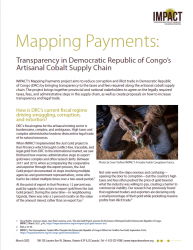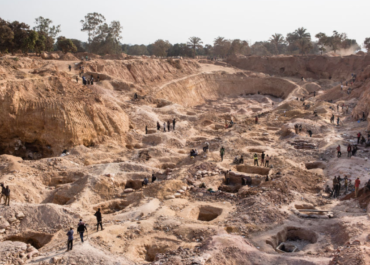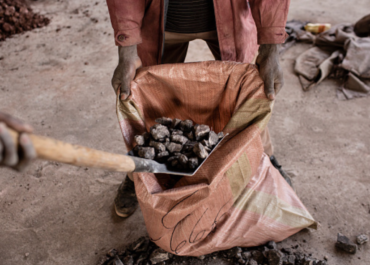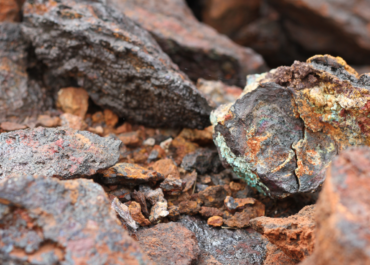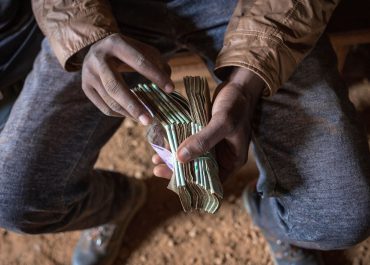Mapping Payments
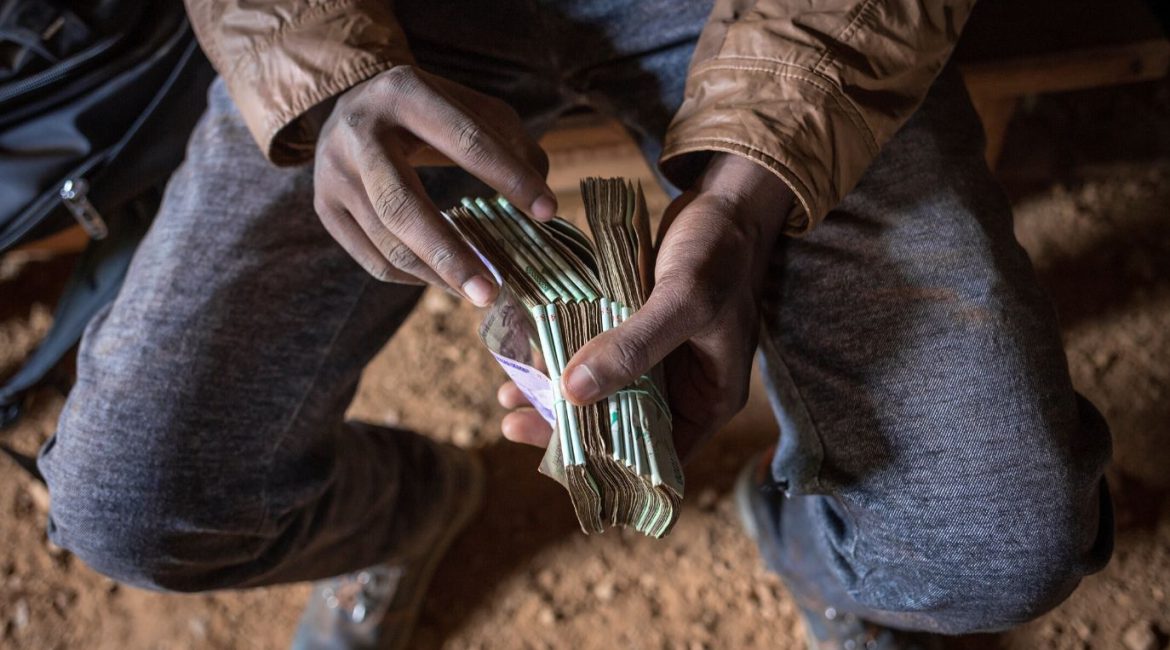
Transparency in Democratic Republic of Congo's Artisanal Cobalt Supply Chain
IMPACT’s Mapping Payments project aims to reduce corruption and illicit trade in Democratic Republic of Congo (DRC) by bringing transparency to the taxes and fees required along the artisanal cobalt supply chain. The project brings together provincial and national stakeholders to agree on the legally required taxes, fees, and administrative steps in the supply chain, as well as creating proposals on how to increase transparency and legal trade.
How is DRC’s current fiscal regime driving smuggling, corruption, and extortion?
DRC’s fiscal regime for the artisanal mining sector is burdensome, complex, and ambiguous. High taxes and complex administrative burdens disincentive legal trade of its natural resources.
When IMPACT implemented the Just Gold project in Ituri Province which brought conflict-free, traceable, and legal gold from DRC to the international market, we saw firsthand how onerous administrative steps to export gold were complex and often lacked clarity. Between 2017 and 2019, when accompanying the cooperative and exporter through the export process, the Just Gold project documented 26 steps involving multiple agencies and government representatives, some who had to be visited multiple times over a two-week period.
Not only were the steps onerous and confusing—opening the door to corruption—but the country’s high taxes and fees often pushed the price of gold beyond what the industry was willing to pay, creating a barrier to commercial viability. Our research has previously found that registered traders and exporters are declaring only a small percentage of their gold while pocketing massive profits from illicit trade.
The Mapping Payments project will allow us to similarly understand DRC’s artisanal cobalt sector and how it compares the country’s artisanal gold supply chain. Ambiguity with what taxes and fees need to be paid in the artisanal gold supply chain, coupled with the complex administrative steps, lead to corruption, and are an important obstacle to formality.
How will the Mapping Payments project increase supply chain transparency?
Workshops will be held in Kolwezi, Lualaba Province, and in DRC’s capital, Kinshasa, with policymakers, mining and financial management experts, artisanal miners, traders, processors, exporters, and civil society to discuss the various taxes, fees, and administrative steps currently in place.
Based on these workshops, IMPACT will develop technical notes with a list of agreed upon taxes, fees, and administrative procedures for the artisanal cobalt supply chain—based on DRC’s national and provincial legislation. These will be distributed to all stakeholders, including actors in the supply chain.
The efforts to map payments in DRC’s artisanal cobalt supply chain builds off IMPACT’s similar work in artisanal gold in Ituri Province. Four technical notes were developed in 2022 which outlined taxes, fees, and steps to transfer artisanal gold between provinces, export artisanal gold, purchase and sell artisanal gold in Ituri Province, and extract artisanal gold in Ituri Province.
These technical notes have proven to be a helpful reference guide, with stakeholders relying on them for the legal payments and administrative steps in the artisanal gold supply chain. The previous 26 steps to export gold, has been reduced to 9—as per the law—with the number of taxes and fees similarly decreasing. Since they’ve been published, our partner exporter in Ituri Province has been using the documents to deter demands for illegal payments.
Once stakeholders have knowledge about the legal payments and administrative steps across DRC’s artisanal cobalt and gold supply chains, stakeholders will be supported to develop recommendations to encourage transparency and efficiency in the sector.
Implementing partners
IMPACT is collaborating with with Action pour la Défense des droits humains (ADDH), a Congolese non-profit organization based in Kolwezi to implement the project.
Funding
The Mapping Payments project is undertaken with funding provided by the European Union. Funding for complimentary activities is provided by Microsoft. Funding for fiscal transparency in the artisanal gold sector was previously provided by Global Affairs Canada, Google, as well as GIZ as commissioned by the Government of the Federal Republic of Germany and with funding provided by the European Union
Recent Highlights
